TRAINING AND EDUCATION
Our training and education area offers flexible training adapted to the needs of each organization, from senior management to public officials. Our team of experts designs cutting-edge training experiences in artificial intelligence to strengthen the skills of human talent in Latin America.
LEARN ABOUT OUR TRAINING AND EDUCATION MODEL
- Awareness raising: In this first stage we seek to raise awareness about the impact and relevance of artificial intelligence in today’s world. We facilitate an initial understanding of how AI transforms industries and organizations, preparing participants for deeper learning in later stages.
- Digital Literacy: The introductory track will allow establishing a common base of knowledge regarding the technology: origin, scope, dilemmas and potential. It is essential to have a common and shared language and knowledge.
- Strategy: This track delves into the application of the industry from a strategic perspective. How to generate value? How to identify opportunities? How to manage the development of solutions?
- Practical use: this track provides specific technical tools for project executors and specific users. From programming language to effective prompting techniques, depending on the audience.
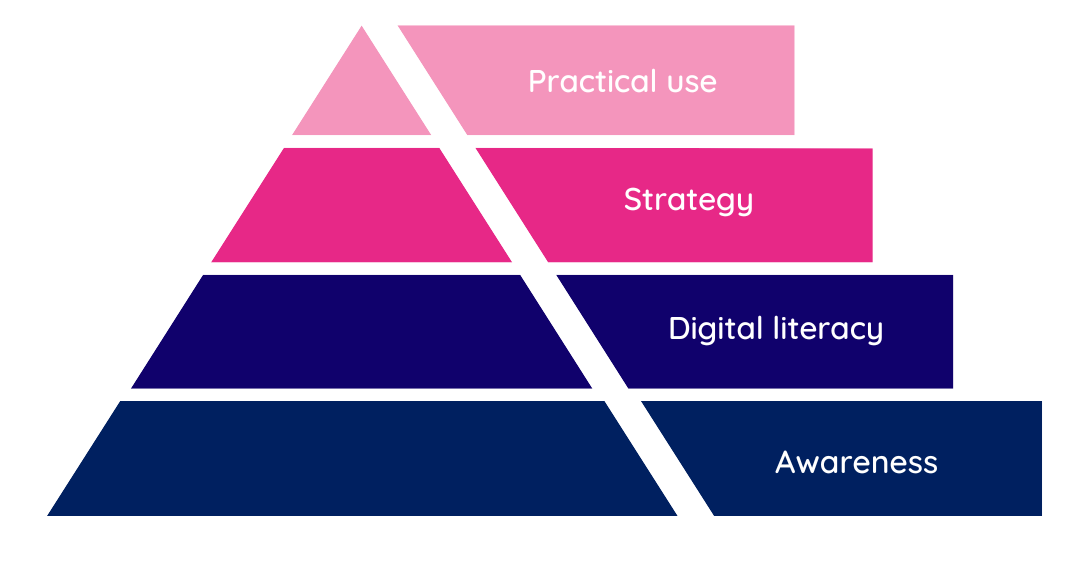
HOW ARE WE DIFFERENT?
Custom work model
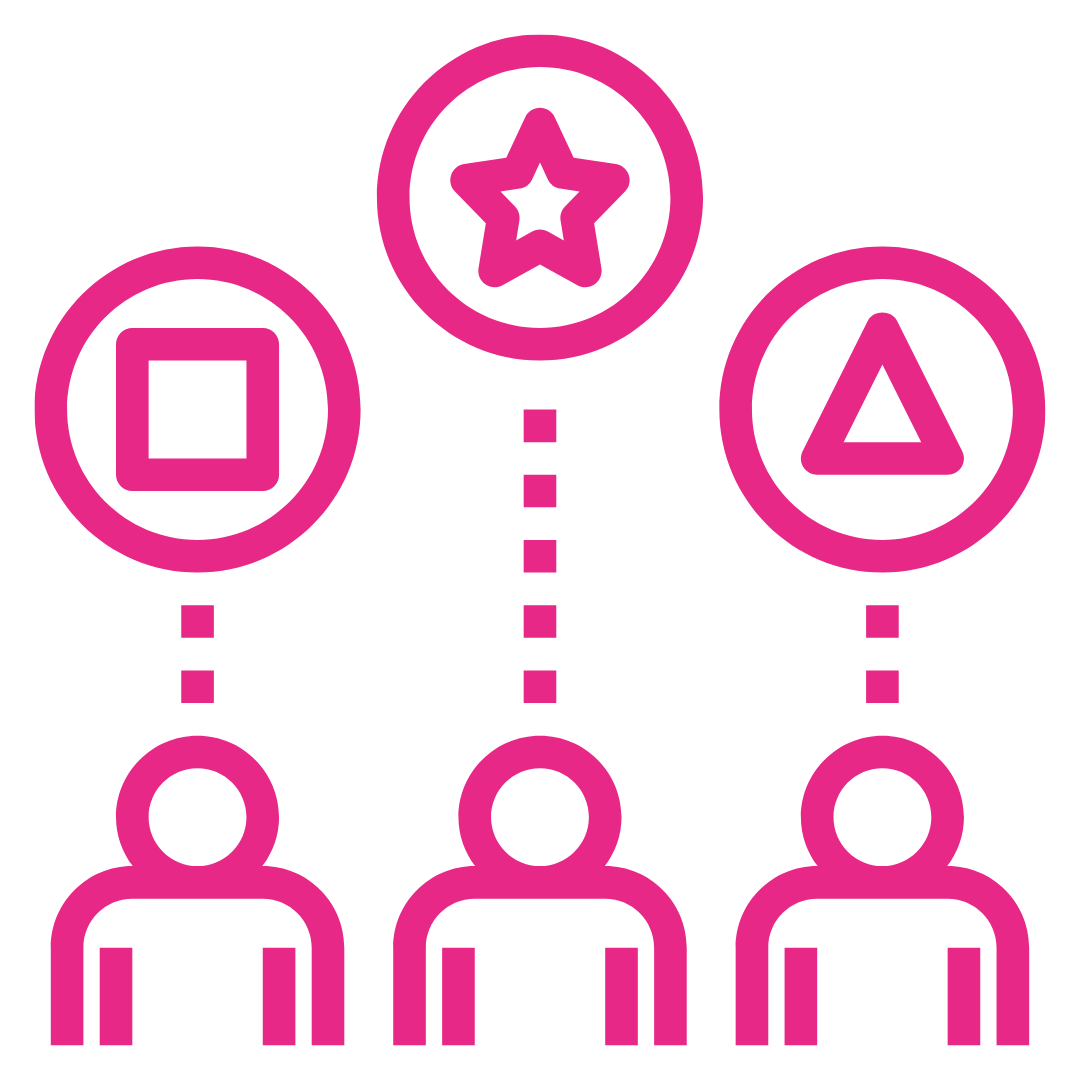
Our training model is flexible and adjusts to the needs of each company or organization.
We work for different audiences

We design training experiences for senior management, boards of directors, collaborators and public officials of different levels.
We have excellent teachers

Our teaching team is made up of doctors, engineers and specialists in different areas of artificial intelligence.
Do you want to implement a training experience in your organization?
THEY HAVE LEARNED FROM US





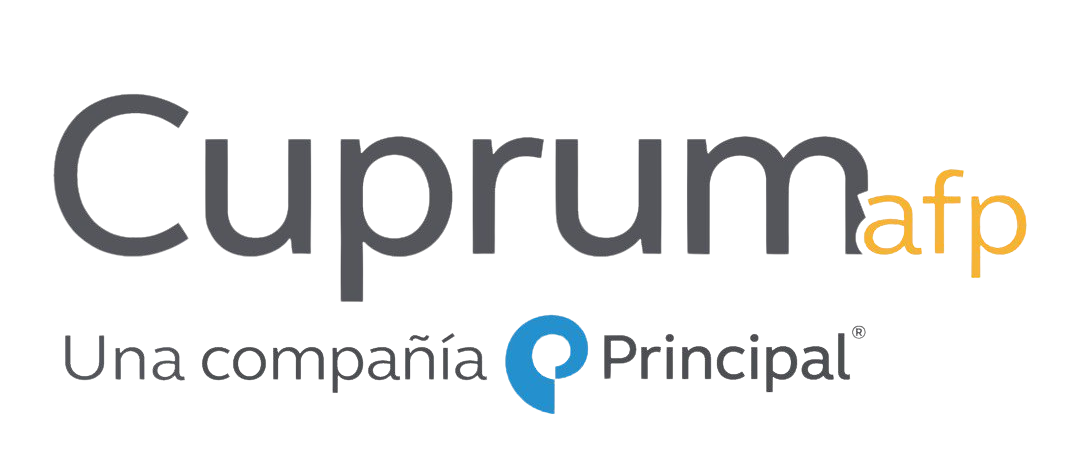


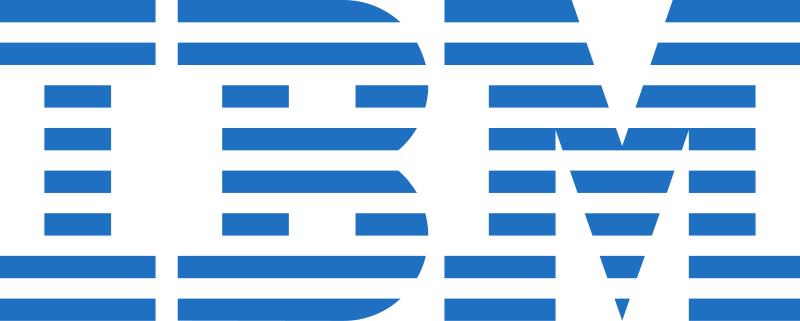






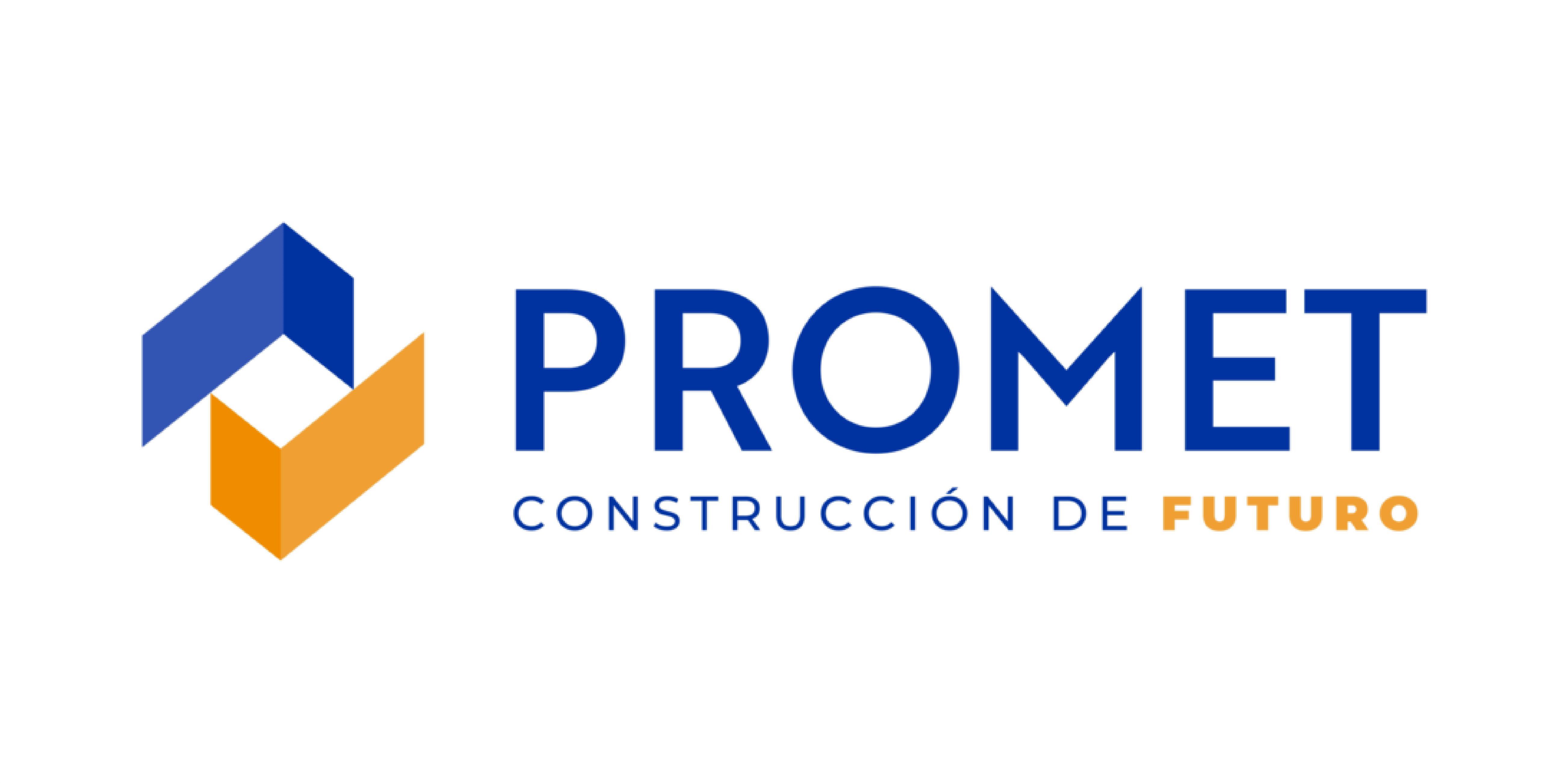




PROGRAMS CARRIED OUT
TESTIMONIALS
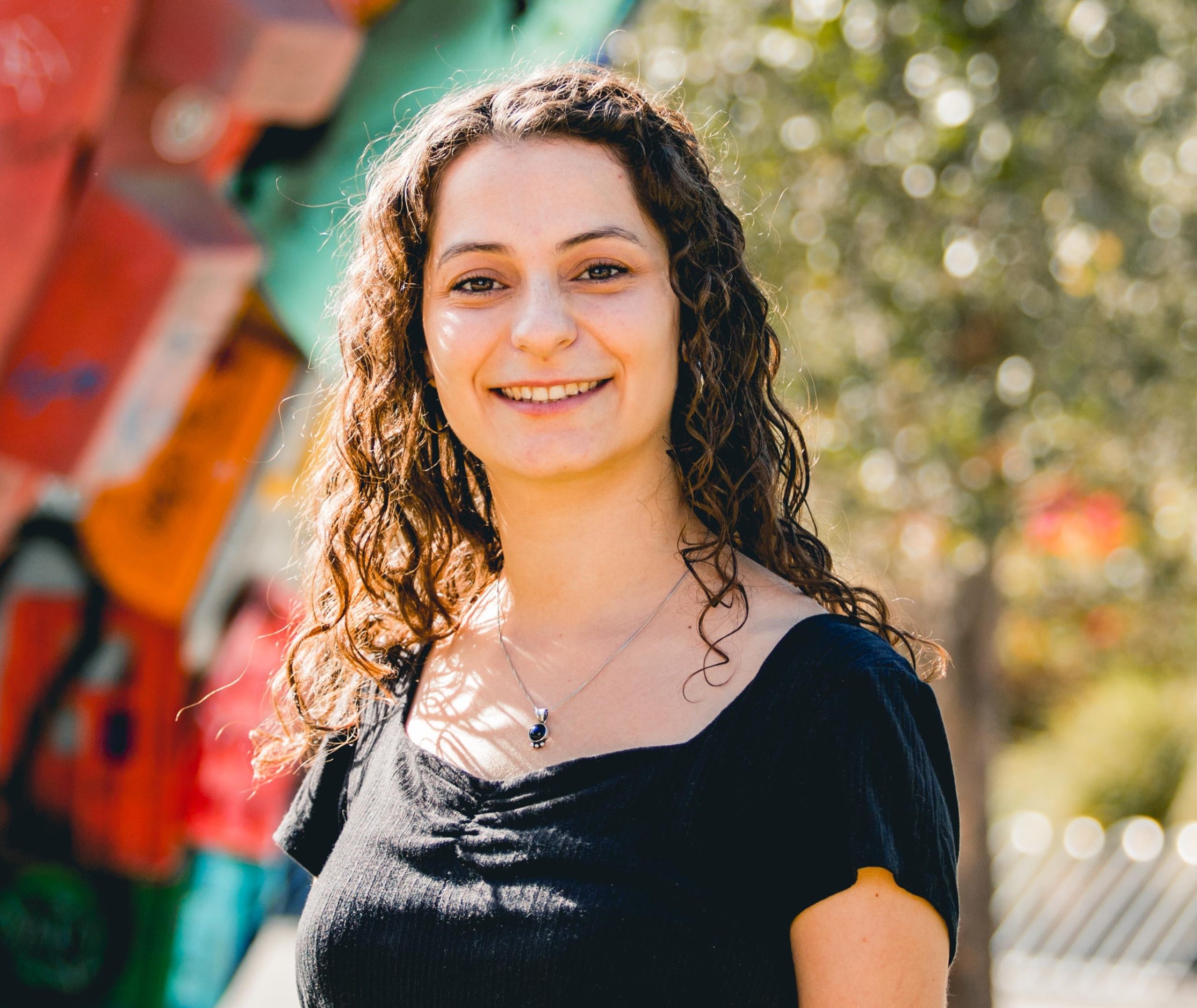
“Our experience with CENIA has been very enriching. In particular, we highlight the flexibility of the team to be able to hold talks and workshops according to the needs of each activity. Furthermore, the exhibitions are always very dynamic, relevant to the context and in simple language that allows you to learn complex topics in a didactic and entertaining way, always with a lot of closeness on the part of the exhibitors.”
Macarena Soledad Jara Pérez
Innovation and Intrapreneurship Consultant
Entel
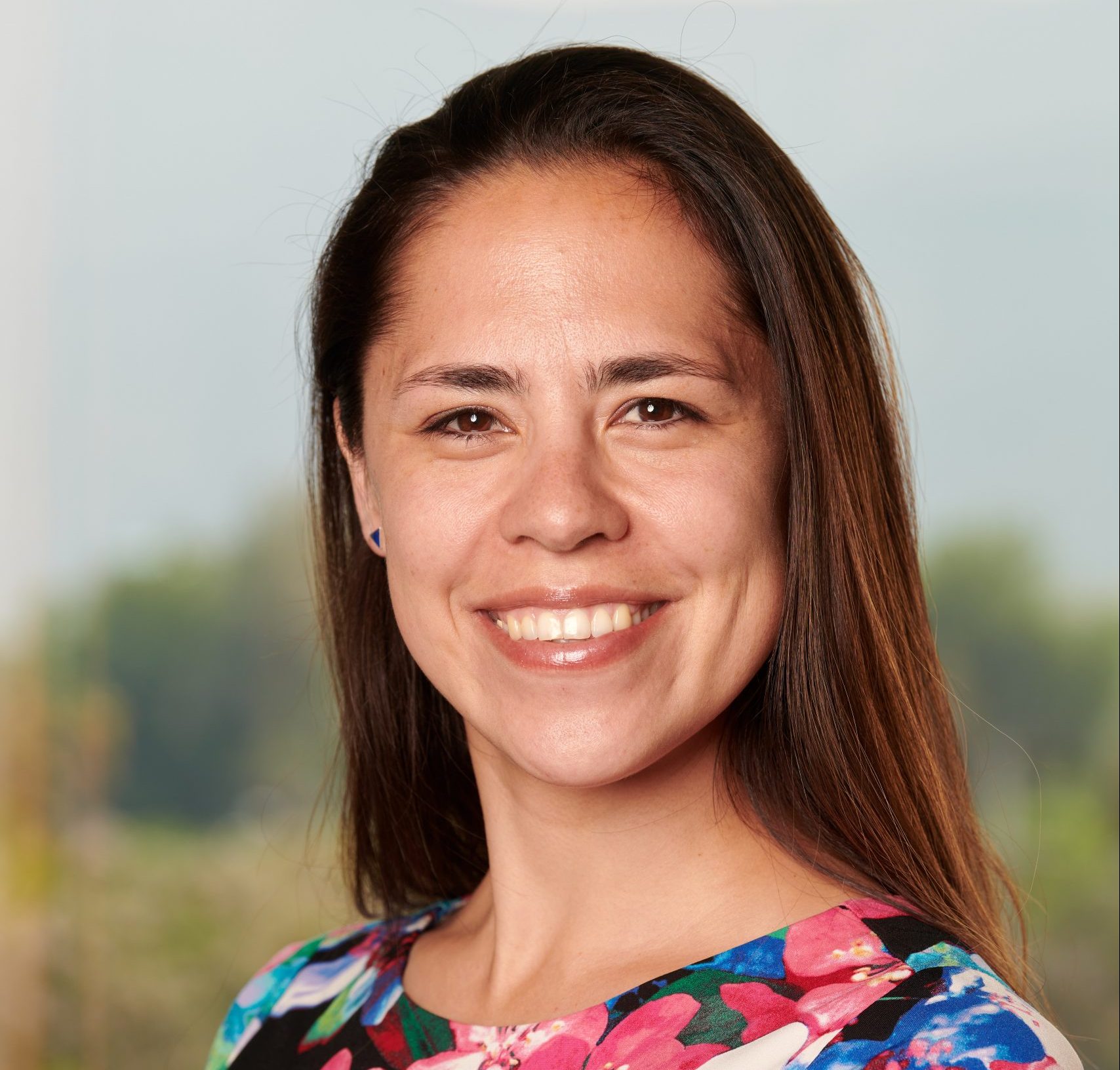
“I am convinced that after a program like GerencIA we are all much better prepared to face the challenges presented by artificial intelligence, in a more responsible way and with a much stronger ethical component. I also believe that a very powerful network of people who love AI and who want to learn much more is being created, therefore, I believe that it will favor not only the technical, but also the collaboration that is fundamental.”
María Francisca Yáñez
Independent Board Member
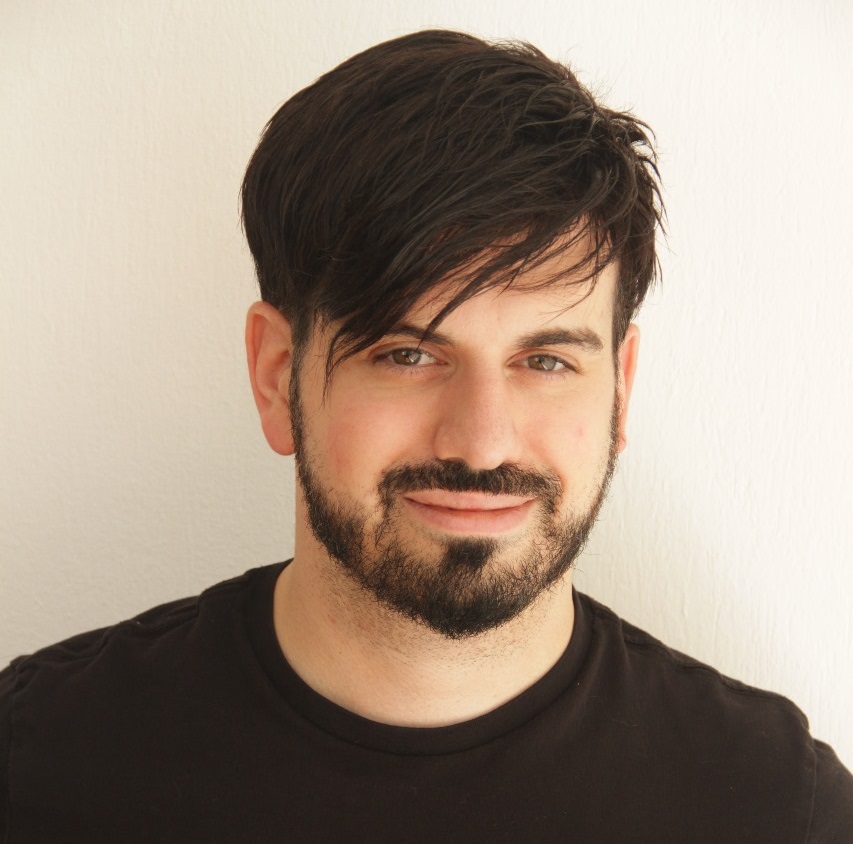
“The most valuable thing I take away from the GerencIA program is the number of professors, the lateral thinking that is generated with the students, the debate, the questions and the opportunity that exists for Chile and Latin America in artificial intelligence. I think we have approached AI from all possible angles, and the reflection has been growing as a whole. It has been a safe space to share the knowledge one brings and incorporate new knowledge. ”
Nicolás Vilela
CEO y Co-founder
ZTZ Tech Group
MEET OUR TEACHING TEAM

Álvaro Soto is a civil engineer from Pontificia Universidad Católica de Chile, Master of Science from Louisiana State University and Doctor of Philosophy and PhD from Carnegie Mellon University. His areas of expertise focus on machine learning, cognitive robotics, visual recognition and big data. He is a professor in the Department of Computer Science at UC and co-founder of the startup Zippedi, a Chilean robot that uses artificial intelligence applied to supermarket and retail. He currently directs the National Center for Artificial Intelligence.
Álvaro Soto
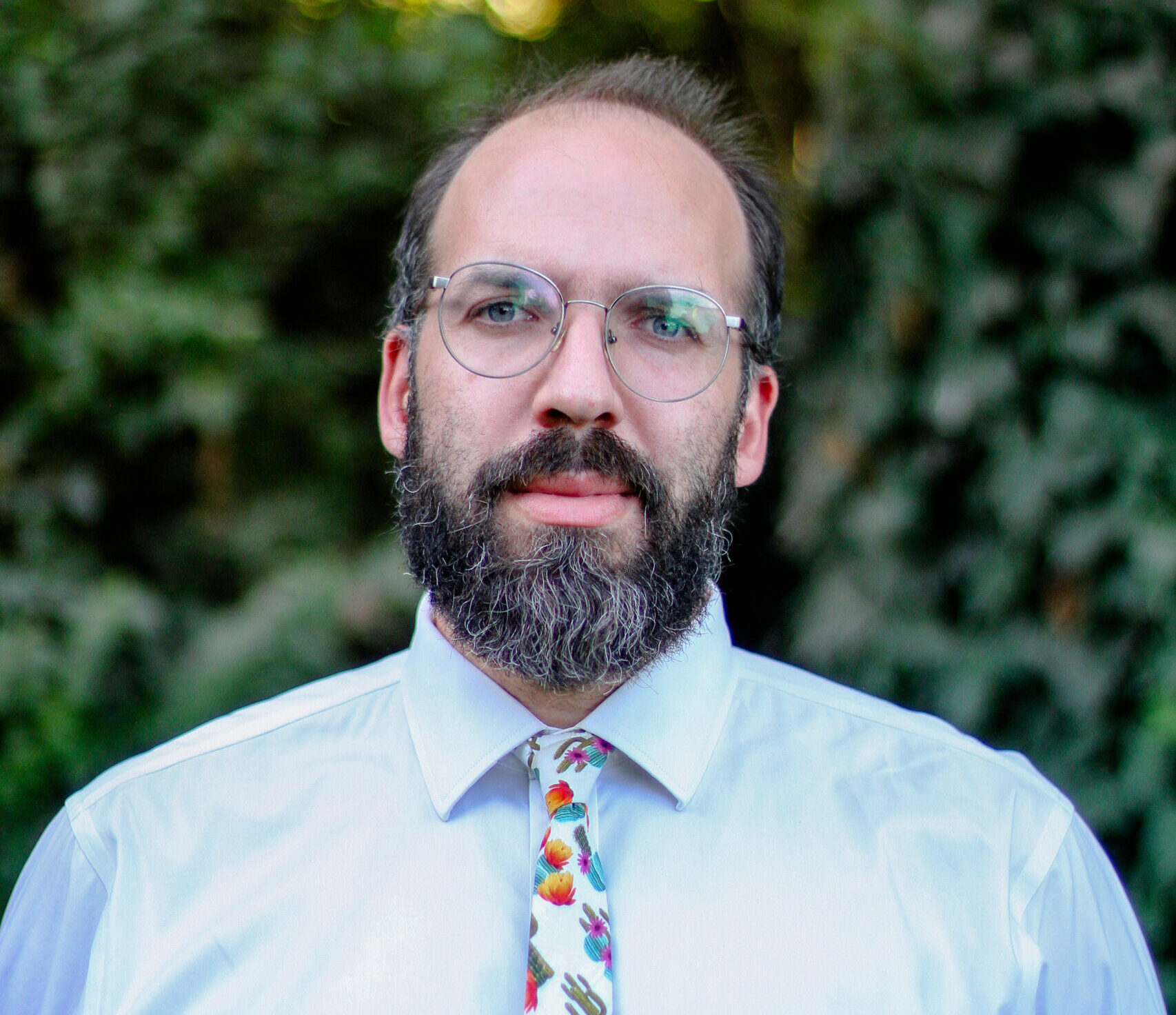
Rodrigo is a commercial engineer with a masters degree in economics and public policy from Universidad Adolfo Ibáñez. He previously served as Chief of Staff of the first Undersecretary of Science in Chile. He currently holds the position of Manager of Cenia.
Rodrigo Durán

Carlos is a civil engineer and Ph.D. candidate at Pontificia Universidad Católica de Chile. He is in charge of leading the Open Cenia initiative, which offers free and open resources for the entire community interested in the development and/or use of artificial intelligence. Carlos is working on a pioneer translator in the world with support for Rapa Nui and Mapuzungun languages.
Carlos Aspillaga

Cristián obtained his PhD at the Université Libre de Bruxelles and then completed two postdocs at Ghent and Brown University. His work lies at the intersection of artificial intelligence and neuroscience, and aims to develop artificial neural networks inspired by brain functions and mechanisms.
Cristián Buc
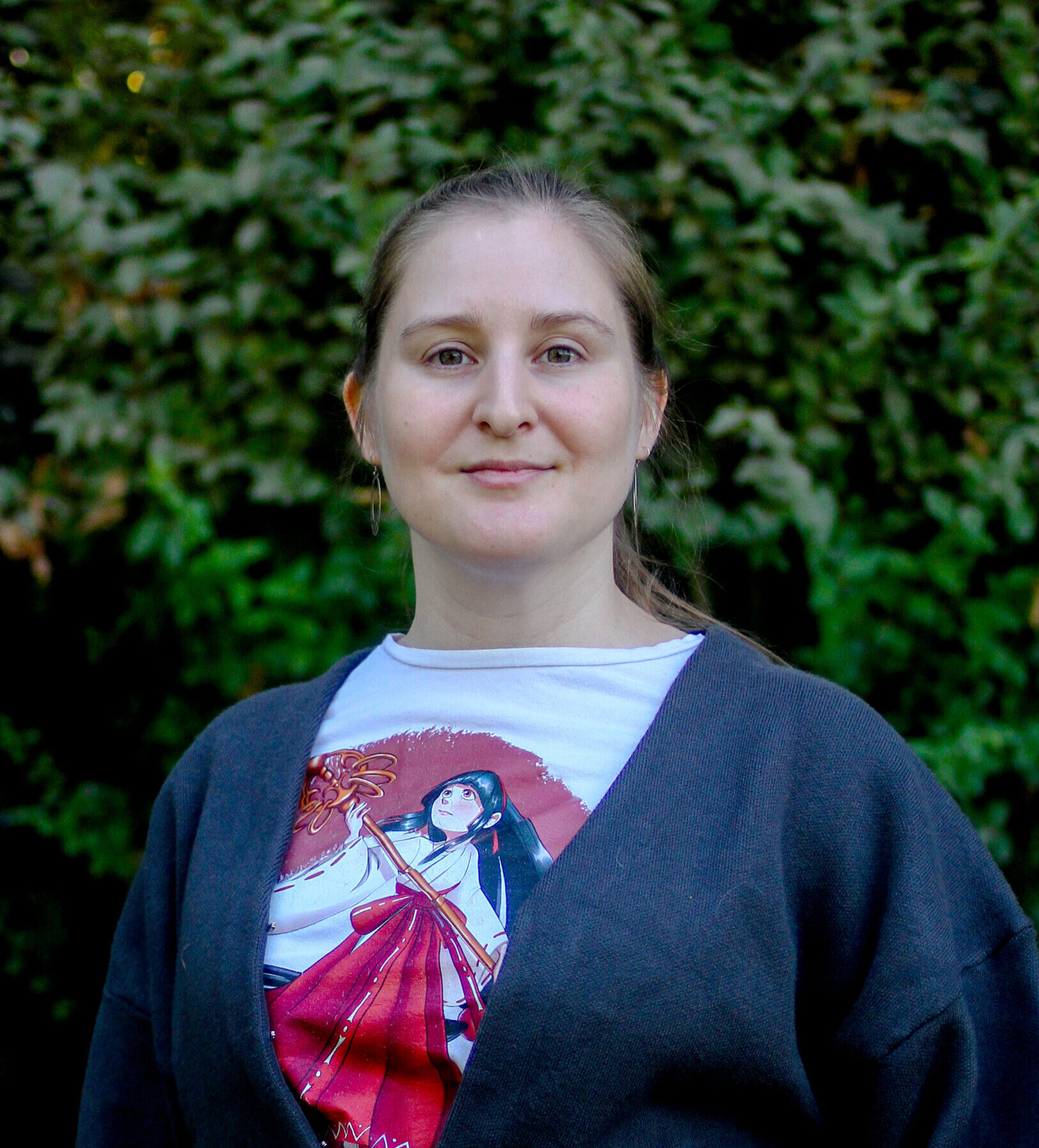
Francesca is a civil engineer in computer science from the Pontificia Universidad Católica de Chile. She has a master’s degree in engineering sciences from the same university. She has been working at Cenia for almost a year and a half as an artificial intelligence developer with MLOps.
Francesca Lucchini

Cristián is an astronomer from the Pontificia Universidad Católica de Chile, specialized in computing and instrumentation for radio astronomy. He has experience in image processing, visual detection models and numerical prediction models. He is interested in environmental impact projects and scientific analysis.
Cristián Irribarra

Noemí has a degree in civil engineering with a major in robotics and a minor in programming, with a degree in civil engineering in computer science, both from the Pontificia Universidad Católica de Chile. She did her internship at the startup Zippedi and Cienart Studios. She has published video games in itch.io as part of Women Game Jam.
Noemí Crosby

Javier is a civil engineer in computer science with a master’s degree in computer science from Universidad Austral de Chile. He has more than 2 years of experience in the field of artificial intelligence, ranging from training state of the art models to automated deployment of them in the cloud. His main focus is on computer vision projects. Recently, he participated in the Subtrans project, in which computer vision models were used on cameras installed in the city to generate indicators of interest.
Javier Rojas

Sebastian is a civil engineer in computer science graduated from the University of Chile, with a background in software development in various scenarios. His experience ranges from projects in research and development (R&D) environments to industry applications. Currently, he works as a machine learning engineer, specializing in the area of language models.
Sebastián Cifuentes

Felipe holds a degree in computer engineering from the Universidad Tecnológica Metropolitana. He is the creator of Fiona, a conversational robot, and since he started working at Cenia he has participated in the creation of anomaly detection systems in images, and in chatbots systems using GPT for verbosity of results. In his spare time he enjoys programming video games, automating tasks, learning new technologies and making things (3D printing/CNC), which he can then use.
Felipe Torres
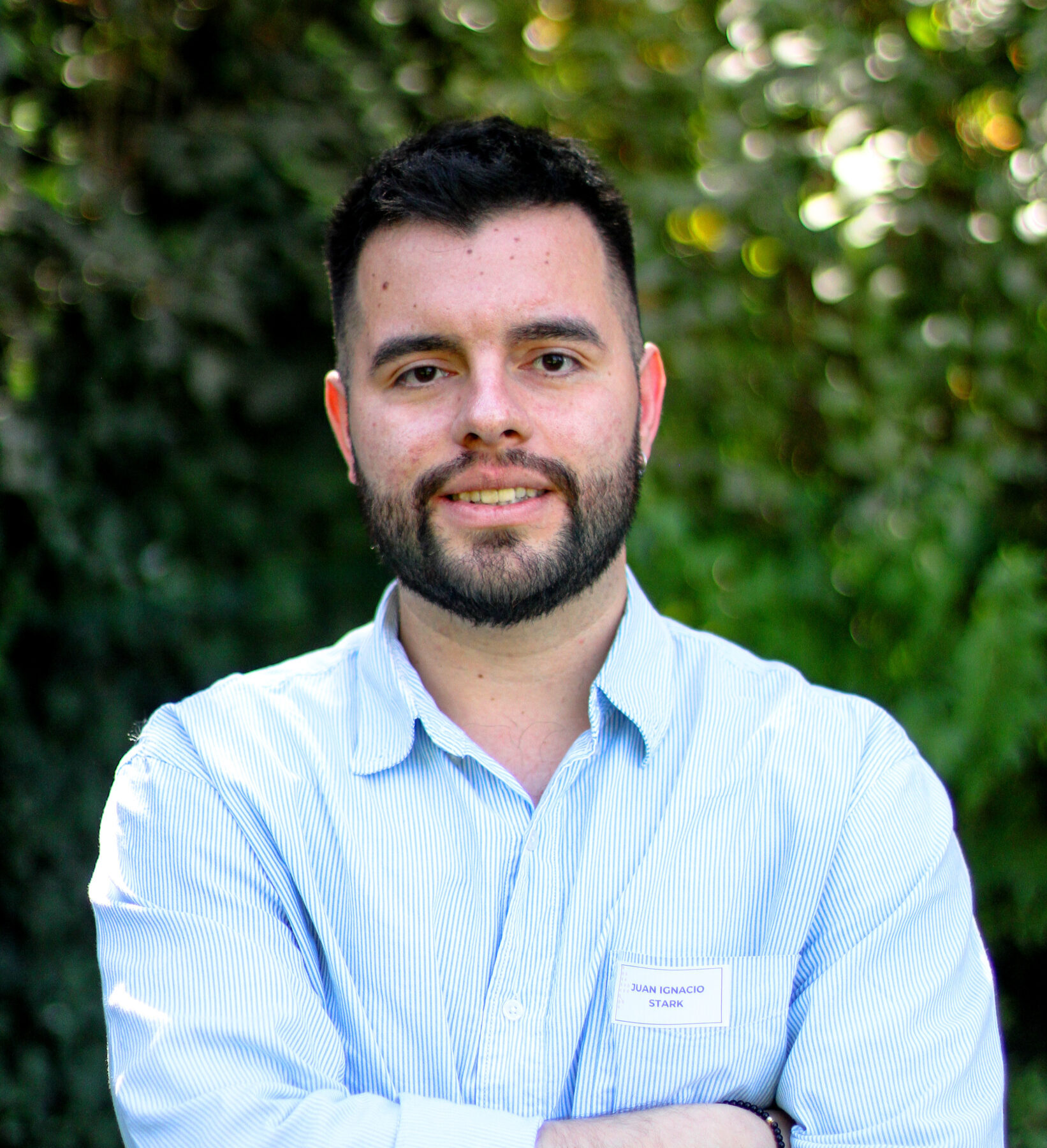
Juan Ignacio is a civil industrial engineer with five years of consulting experience in large organizations. During his career he has participated in projects spanning diverse industries, such as banking, mining, energy, retail, agriculture, among others. His experience ranges from traditional projects to more innovative and disruptive initiatives. At Cenia, he states that his main goal is to continue learning and contributing to the team with his experience and skills.
Juan Ignacio Stark

Germán is an electrical civil engineer and holds a master’s degree in electrical engineering from the Pontificia Universidad Católica de Chile. His focus is to continue learning and collaborating in research that contributes to the creation of a more sustainable and technologically advanced future.
Germán Pizarro
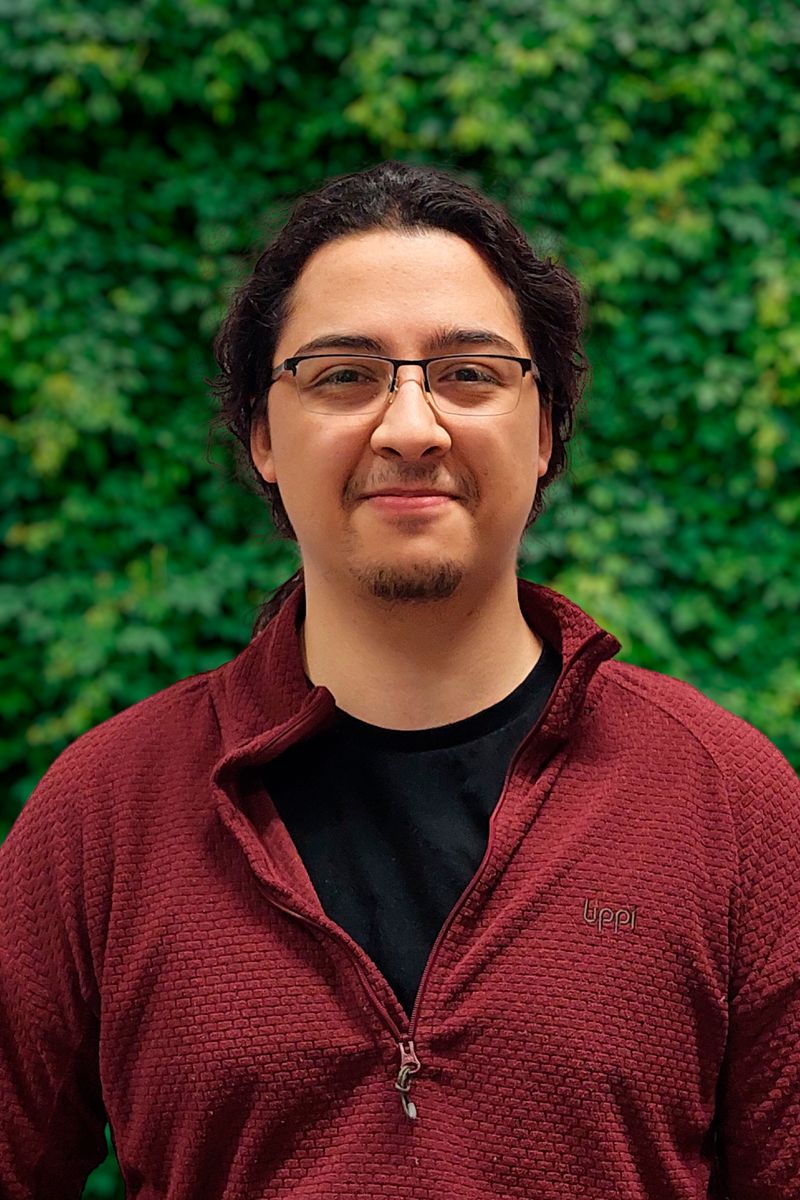
Graduate in engineering sciences, major in mathematics, student with a double degree in mathematical civil engineering and master’s degree in computer science from the University of Chile. Assistant researcher at the Center for Advanced Research in Education. He previously served as an assistant researcher at the Center for Research in Learning and Teaching, University of Jyväskylä, Finland.



